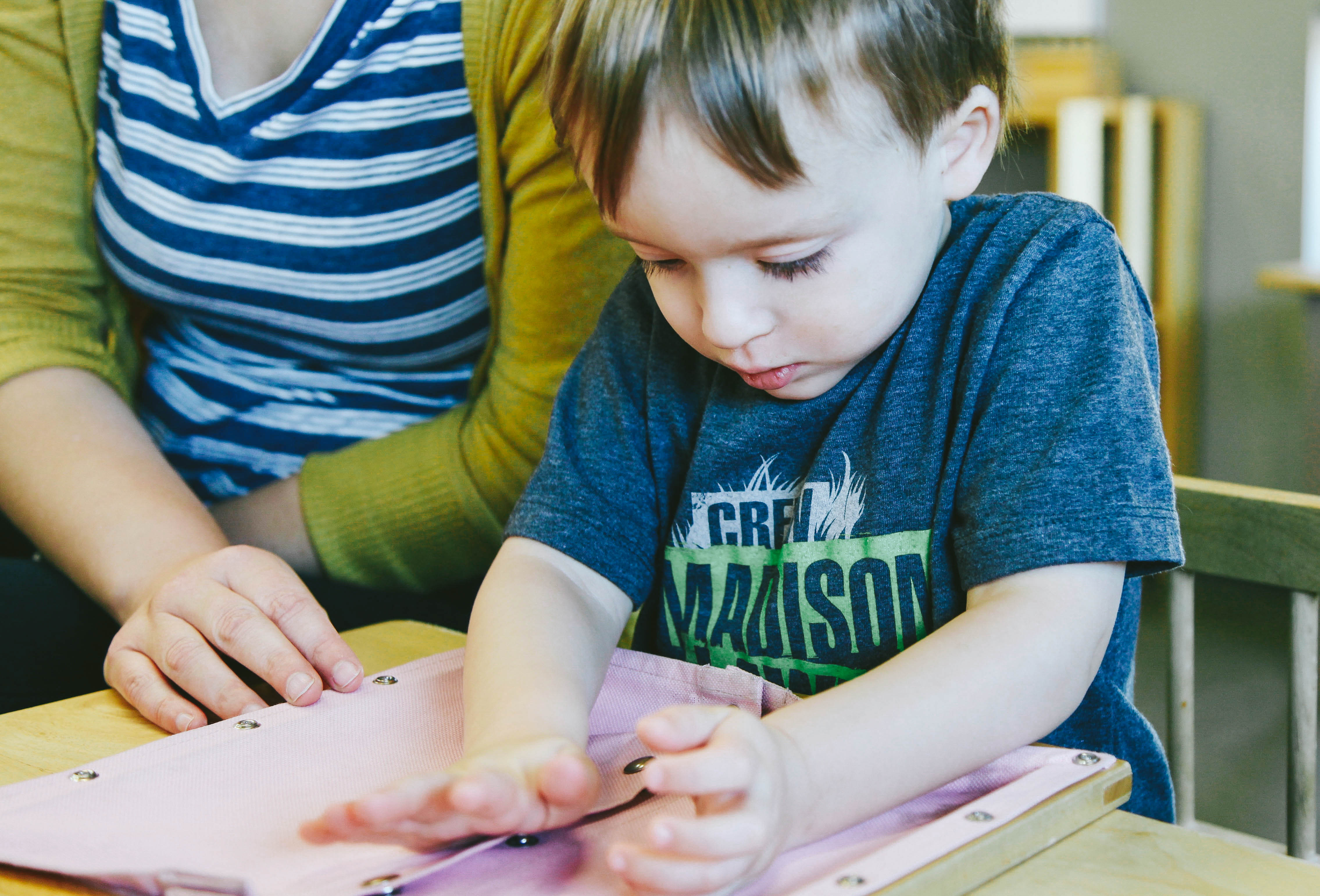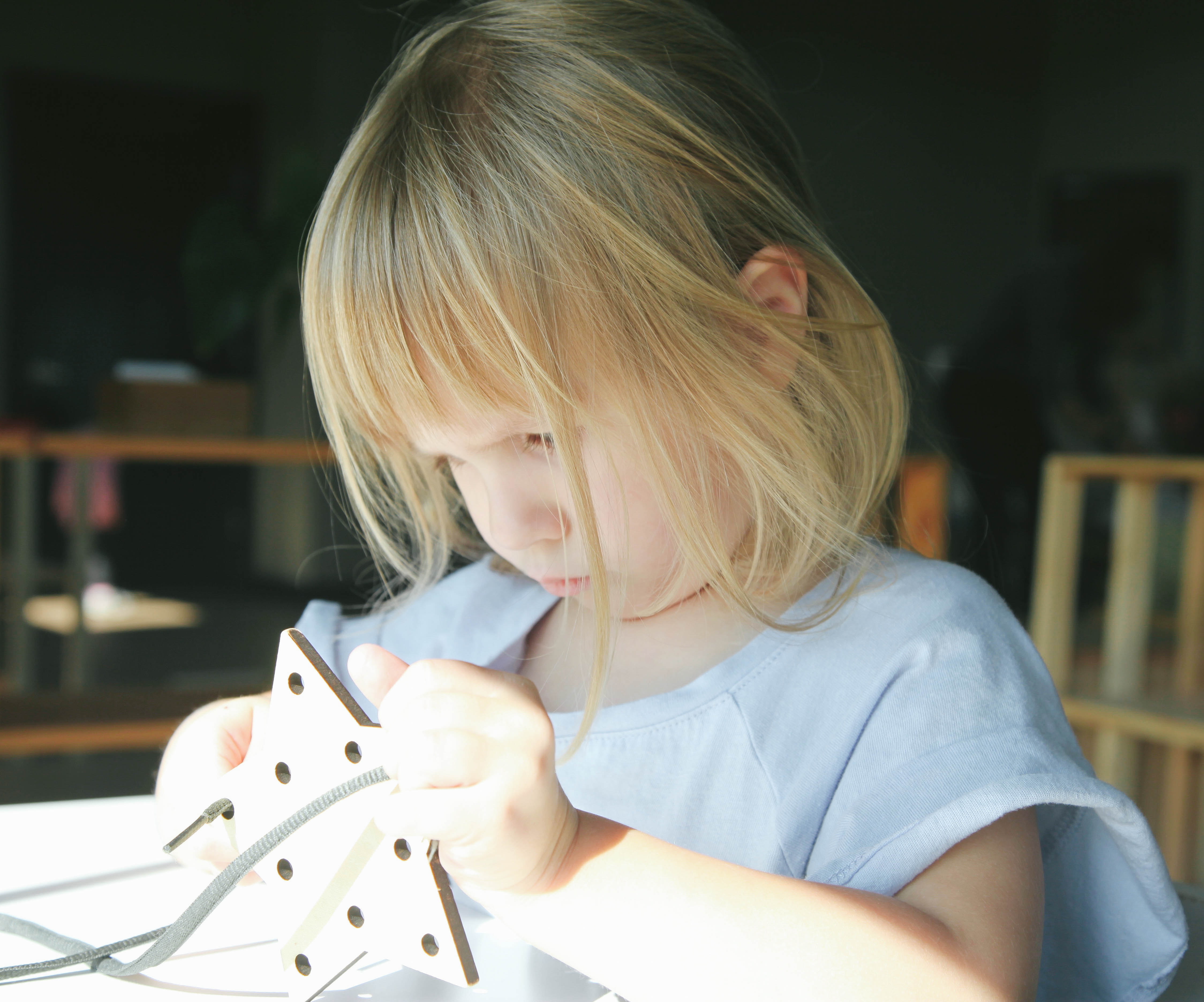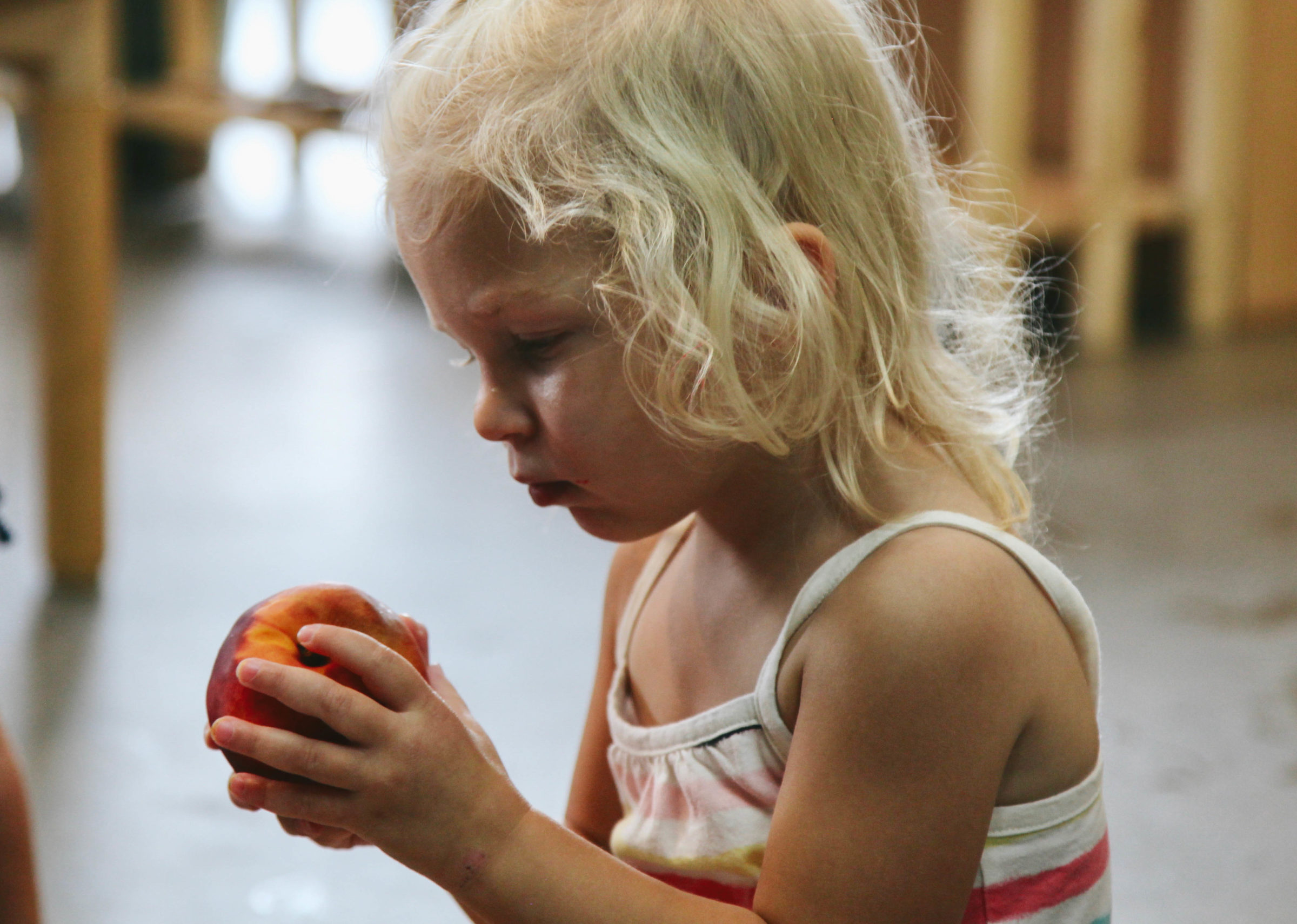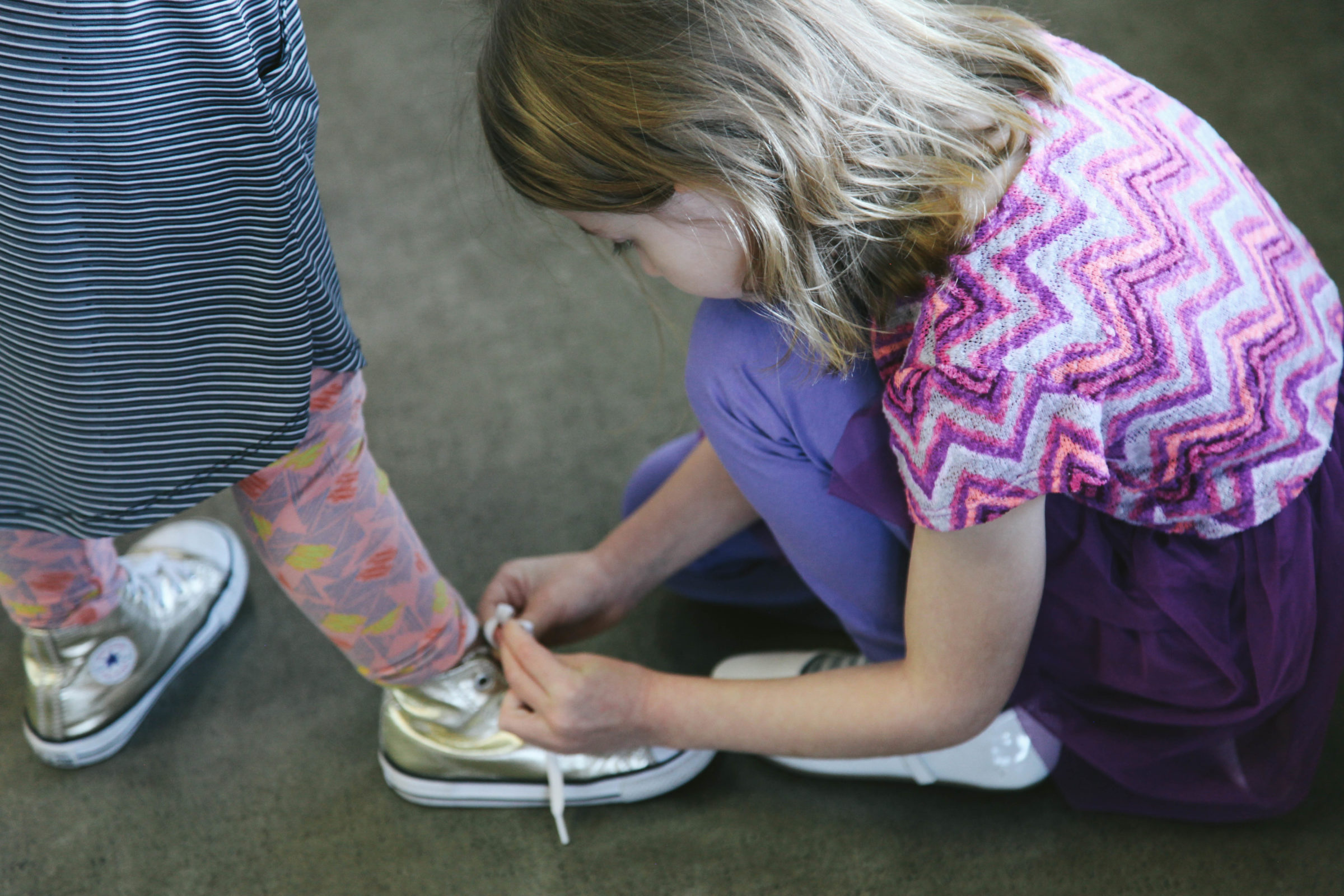Hard Things Are Good Things in Montessori
Thoughts & Reflections
Children are constantly being challenged. Growing up is hard work. Fortunately, children are more than up for the task. We think fondly of stress-free childhood, not worrying about things, deadlines, ruminating on mistakes, those adult-problems. Geez, kids just have it so easy!
“We do not see things as they are, we see things as we are.” It’s about our perspective.
What greater learning do we partake in, than the achievements of our earliest years? Everything follows the learning that happens before six — feeding ourselves, becoming mobile, independent communication.
It’s as Maria Montessori wrote, “…the most important period of life is not the age of university studies, but the first one, the period from birth to the age of six.”
And yet, this child never gives up on himself. She never quits trying to walk, he never stops babbling and growing indignant at our misunderstandings, they never decide they’re better served letting someone else feed them.

The children are unrelenting, and sometimes they actively demonstrate precisely how much so.
We have a very challenging puzzle available for after-school playtime or for too-cold days. It’s charming and well-loved, a layered depiction of the growth of a plant, from seed, to sprout, to seedling, to flower.
Each layer has several pieces, and it’s quite an accomplishment to master. It’s not impossible, but it’s a solid challenge.
A child had this puzzle out and was absolutely captivated. For several minutes, they focused, trying piece after piece, each subsequent level both satisfying and leading to a greater challenge.
“The goal is not the goal. The effort is the goal.”
Finally, she finished. There was such contentment. And then, to the greatest surprise, “I want to do it again.” The puzzle pieces were dumped out, the concentration resumed.
This cycle repeated two more times, and the only thing that curtailed a third, I’m certain, was the fact that she was picked up.
I was in awe. This is not how I approach a challenge — “awesome, do it again.” The goal is the goal, and when I reach it I rejoice and set a new one. I do not immediately repeat the same seemingly impossible goal.
This is one of the million reasons between children and adults. My goal is the goal; a child’s development is theirs. The “goal” is just the path they take to get there.
Think of the baby stretching, peering over her shoulder while laying on her back, wriggling to reach a toy just out of grasp, up on tiptoes al…most…there…
What do we do? We help that shoulder up and over. We bring the toy closer, or lower, just within range. We miss the point.
The point in all these examples is not the toy, wanting to be there not here, the point is movement! There’s a tremendous voice inside each child calling, demanding that they “Go! Reach! Move! Climb! Grasp!”
Perhaps we’ve seen the small disappointment when we give to the child the object they were reaching for, or we’re surprised when they’re less delighted thank we’d anticipate from all the effort. We’ve missed the point. The goal is not the goal. The effort is the goal.
Like with the puzzle, as soon as this goal is reached, they’ll set a new one, or they’ll repeat this goal to mastery, they’ll reach ever higher. They know they’re worth the effort. Hard things are good things.
While we’re hard-wired to help our children avoid pain, maybe an even better strategy would be to help them work through the struggle, to cheerlead and to encourage from the sidelines, to sometimes even take a page from their book and double-down on challenges. We can do hard things, like raising children, like puzzles and learning to read, even like learning to walk.
Written by:
Charlotte Snyder



